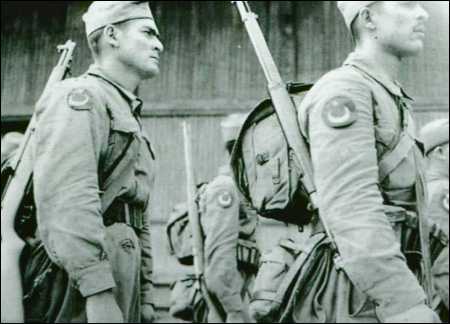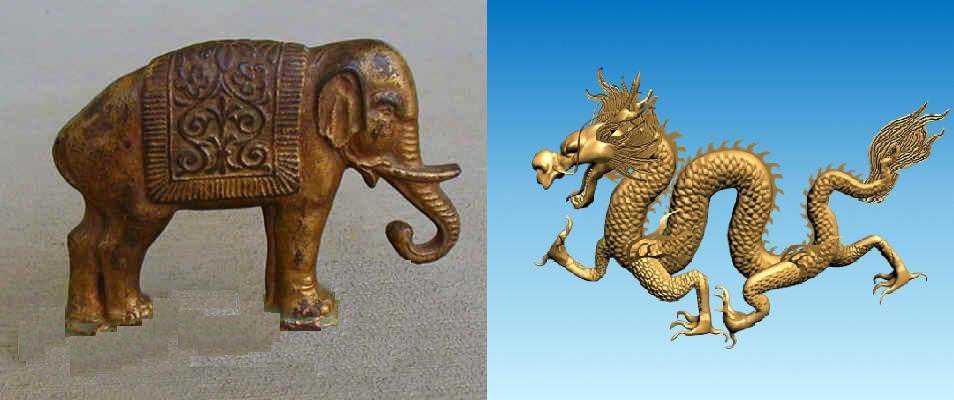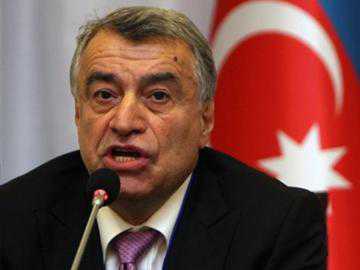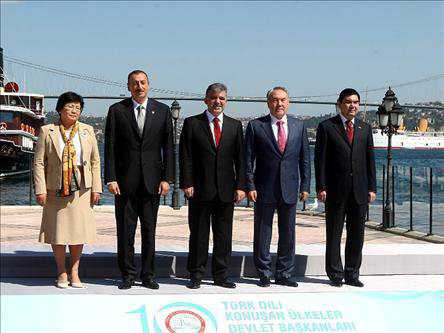
UNC waged crusade against communism
By Andrew Salmon
On 29 August, 1950, a bright summer day, a startlingly alien sound blasted across Busan docks: A series of flatulent drones followed by a piercing wail.
The sound was emanating from a group of young men pacing the gun turrets of an approaching heavy cruiser. Their appearance was even more bizarre: They were clad in skirts and chequered, tasseled headgear. The cacophonous lilt emanated from sack-like objects the men were plying.
The objects were bagpipes; the men were Scottish troops of the Argyll and Sutherland Highlanders, the lead battalion of 27th British Brigade. At an urgent American request, and in response to the deteriorating military situation, this unit had been dispatched. post-haste, from Hong Kong with such speed that they dubbed themselves the “For-God’s-sake-send-something Brigade.”
27th Brigade were just the first of the non-American contingents to arrive in Busan to help stem Kim Il-sung’s invasion. On the embattled peninsula, a new concept in world affairs was being born: A United Nations military intervention force, or, to give it its formal title in Korea, the United Nations Command, or UNC.
This was the force enabled by UN Security Council resolutions of 25th and 27th June and 7th July 1950 calling for the “restoration of international peace and security in the area” following Pyonyang’s 25th June invasion. Several contingents, however, would not land until 1951, by which time the South had been saved, the North defeated and counter-invaded – and then the entire situation reversed by the Chinese intervention at the end of 1950.
Under the U.N. banner, Australia, Belgium, Canada, Columbia, Ethiopia, France, Greece, India (Field Ambulance), Luxembourg, the Netherlands, New Zealand, the Philippines, the United Kingdom, Thailand and Turkey supplied ground combat troops, while South Africa deployed its “Flying Cheetah” fighter squadron. Denmark, Italy, Norway and Sweden provided non-combatant medical units.
The United States commanded this polyglot force, and, after South Korea, provided its main muscle, contributing seven infantry division and a marine division, as well as logistical support, and the largest naval and air units. In July 1953, a survey showed that South Korea had 590,911 troops in the UNC; the US, 302,482; and other U.N. contingents totaled only 39,145.
Most of the non-American UNC contingents were small. Once the war entered its static stage in late 1951, the Australian, British, Canadian, Indian and New Zealand units fought together, but the Commonwealth Division was the only unit in the UNC that was operationally independent. Turkey provided a brigade, but all other contingents ― except for little Luxembourg’s, which was a platoon fighting within the Belgian battalion ― were battalion-sized and were absorbed into American parent formations.
The cosmopolitan expansion of the coalition defending South Korea provided the U.S.-run logistics chain with a range of problems. While the U.S. Army was dry, the Dutch wanted gin, the French wine, and the Australians, Belgians and British, beer to fight on. On the rationing front, the Turks would not eat pork and like the Dutch, demanded fresh bread. The Greeks wanted figs, raisins and olive oil.
Yet, while these UNC units might cause cultural, linguistic and logistical headaches for U.S. commanders, and while they did not compare in size with the Americans, many of them proved to be exceptionally high quality fighting units. This was particularly so in the first six months of the war when, by comparison, the U.S. Army was suffering significant morale and leadership problems.
The Turks forged a legend in their first action. Sent to hold the flank of the U.S. 2nd Infantry Division, disintegrating under Chinese onslaught at the end of November 1950, the ferocity with which they employed their bayonets earned them global fame. At the same time, they took massive casualties, partly due to linguistic problems and poor liaison with American forces.
The French battalion proved a lynchpin at Chipyong-ni, a battle of encirclement in February 1951 that was widely considered the first UNC tactical victory against the onrushing Chinese.
At the heart of the greatest enemy offensive of the war in April 1951, stood the British 29th Brigade, which earned global attention for its tragic stand on the Imjin River. On the opposite end of the front, the Australian and Canadian battalions of 27th Commonwealth Brigade won plaudits for their masterly defensive battle at Kapyong during the same Chinese offensive.
The fighting quality of the Commonwealth Division would be evident in the key ground they were assigned to once the war entered its static stage: Flanking the U.S. Marine division, generally considered the best of the U.S. ground units, along the Samichon Valley, at the northern end of the so-called “Uijongbu Corridor” the traditional invasion route to Seoul.
The Belgians were noted for their enthusiastic professionalism, and the Greeks for their excellence in mountain warfare.
What compelled such a disparate group of nations to fight for a country that very few of their citizens had even heard of before 25 June 1950?
Although the ostensible causus belli was the defense of South Korea, Rhee Syngman’s government – a regime of questionable democratic credentials, and one which operated, in the view of many UNC men, with comparable brutality to Kim Il-sung’s – hardly made a compelling case for intervention.
There were, instead, three main reasons. National desires to win the goodwill of Washington; national suspicions of militant communism; and a more general desire to support the efforts of the then-fledgling, but promising, U.N.
For the U.K., which fielded the second-largest contingent, it was a fight to stem global communism, but the country was also under pressure to maintain its “special relationship” with the U.S. France, heavily engaged in Indochina, needed to earn American goodwill for aid in that struggle. It is fair to say that all the northern European contingents felt a debt of honor toward the U.S. after World War II, and the Greeks had even more recent reasons to thank the U.S. for its assistance in winning the Greek Civil War.
Two units that UNC officers were careful not to deploy alongside one another were the traditional enemies of southern Europe, the Greeks and the Turks. Ankara was keen to cement ties with Washington, in order to gain membership in NATO; ironically, Athens shared the same motive.
After the armistice was signed in July 1953, this international legion, a force as polyglot as any since the Crusades, dispersed. Australian and British veterans headed for a less intense anti-communist struggle in the jungles of Malaya, but for one contingent, the end of the Korean War spelled disaster. The French battalion was assigned to Indochina, where Paris’ position was deteriorating. The much-admired battalion was wiped out by Viet Minh forces in 1954.
Some who fought under the U.N. banner in Korea were disappointed at the organization’s less effectual role thereafter. The original U.N. resolutions that had underwritten the UNC’s existence had been made possible by the absence of the USSR’s envoy to the body, Josef Malik, who was boycotting the body in summer of 1950 (due to the U.N.’s refusal to grant a seat to communist China).
Once Moscow rejoined the world body and Cold War politics began affecting its operation, it became difficult to employ U.N. forces on anything other than “peacekeeping” missions — many of questionable effectiveness. It would not be until the end of the Cold War, and the U.N. intervention in the Gulf War of 1991, that the U.N. would again field a military force with real teeth.
Sixty years later, the leading nation in the UNC, the United States, is still South Korea’s most important political ally, but it is fair to say that the trade and commercial links forged between Seoul and other UNC capitals have fallen in importance since the end of the Cold War. Then-enemy China, for example, has replaced the United States as Korea’s top trade partner.
Still, emotional ties endure: South Korea and Turkey, for example, displayed a mutual affection during their World Cup semifinal match in 2002 that was born in the war years and after, when Turkish troops founded the “Ankara” orphanage.
The peninsula had seen international contingents fighting on its soil before. Kublai Khan’s multi-ethnic legions used Korea as a staging area for their doomed invasions of Japan in the 13th century, and Japanese, Manchu, White Russian, Chinese and Soviet troops would all leave blood on Korean soil in succeeding centuries.
But the UNC troops of 1950 made up of the most cosmopolitan army the peninsula had ever hosted; their ethnic and national diversity would not be witnessed again in Korea until the 1988 Summer Olympics. For modern Korea, the internationalization of its fight for survival in late 1950 was the first, if unacknowledged, step in a process that few South Koreans would start talking about until the early 1990s: Globalization.
andrewcsalmon@yahoo.co.uk
http://www.koreatimes.co.kr/www/news/nation/2010/09/117_73312.html, 19/09/2010





